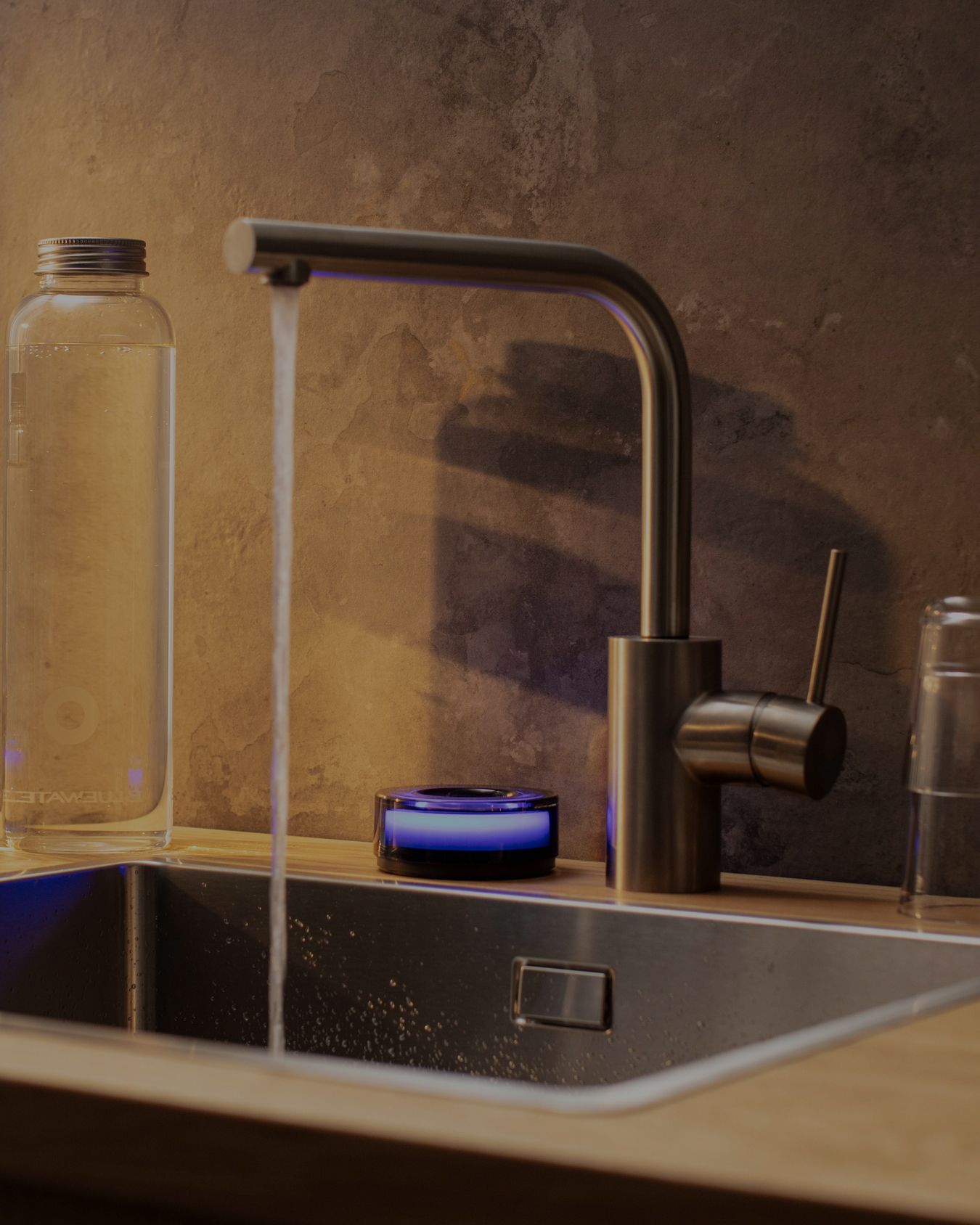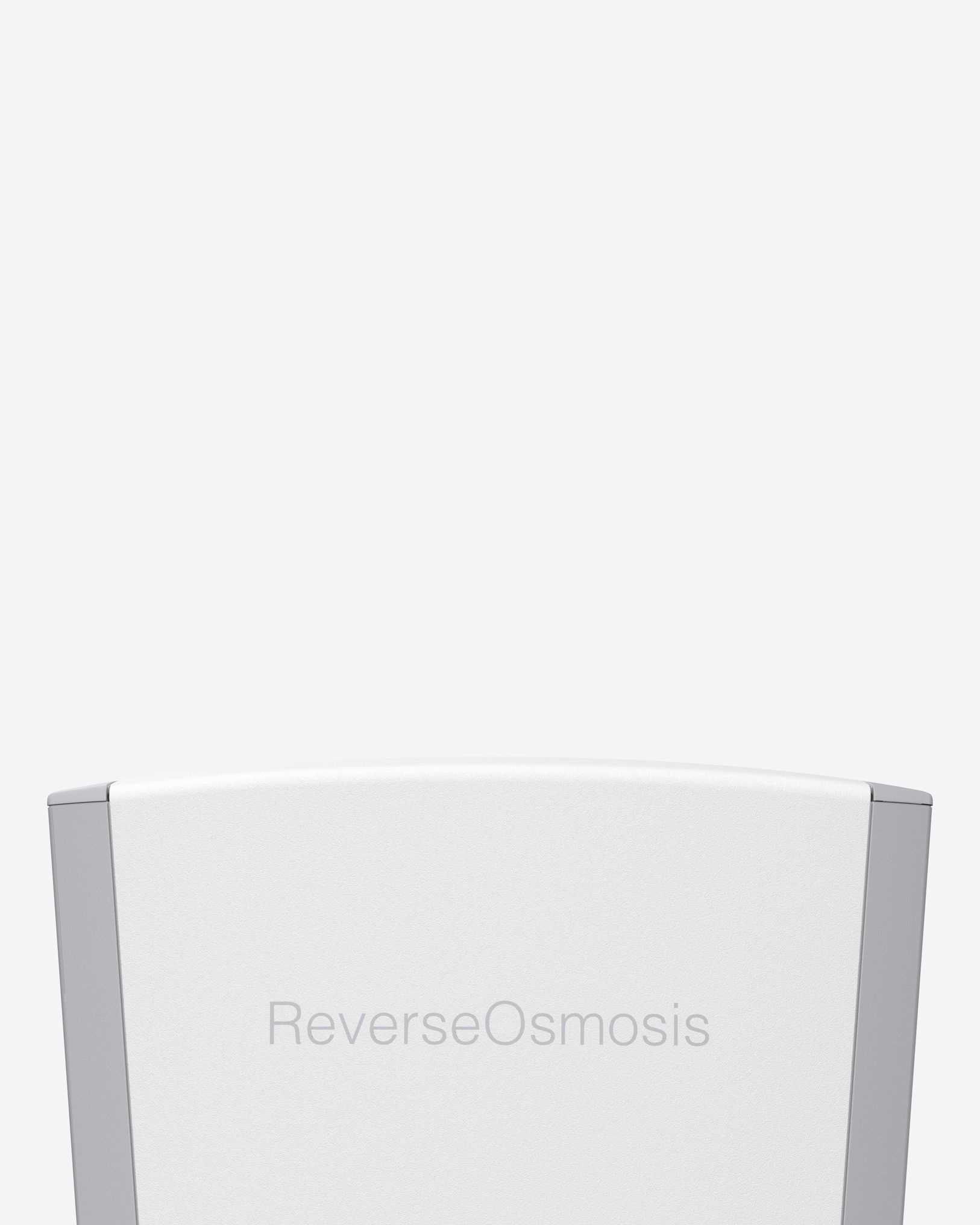Is Tap Water Bad For You?
Clean water is essential for health and well-being. Yet, water contamination by PFAS (per- and poly-fluoroalkyl substances) and microplastics is a growing concern. Understanding the issues and solutions for these contaminants is crucial for ensuring safe drinking water.

PFAS in Water
PFAS are a group of man-made chemicals used in various industrial and consumer products. Known for their resistance to grease, oil, water, and heat, they are often referred to as "forever chemicals" due to their persistence in the environment and the human body leading to potential long-term health risks.
Health Risks
Exposure to PFAS has been linked to several health issues, including:
- Increased risk of certain cancers (e.g., kidney, testicular)
- Thyroid disease
- Developmental effects in children
- Reduced immune response
- Increased cholesterol levels
These health concerns arise from the ability of PFAS to accumulate in the body over time, potentially leading to serious health outcomes (US EPA) (US EPA) (US EPA).
- PFAS Regulations: Governments are tightening regulations to control PFAS levels in drinking water.
- PFAS Testing and Analysis: Regular testing is essential to detect and measure PFAS levels in water supplies.
- PFAS Water Filters: Advanced filtration systems are required to remove PFAS from water effectively.
Microplastics in Water
Microplastics, tiny plastic particles less than 5mm in size, are another significant contaminant in water. They originate from various sources, including plastic waste and industrial processes. These particles pose environmental and health risks, potentially affecting marine life and entering the human food chain.
Key Issues:
- Microplastics Testing and Analysis: Identifying and quantifying microplastics in water helps assess the contamination level.
- Microplastics Filters: Effective water filtration systems are needed to remove microplastics from drinking water.
Effective Water Filtration Solutions
1. Reverse Osmosis Systems
- What is Reverse Osmosis? A water purification process that uses a semi-permeable membrane to remove ions, molecules, and larger particles from drinking water.
- Benefits: Removes up to 99.7% of contaminants, including PFAS and microplastics.
2. Activated Carbon Filters
- What is Activated Carbon? A highly porous material that adsorbs contaminants from water.
- Benefits: Effective in removing organic compounds, and chlorine, and improving taste and odour.
3. Carbon Filters
- What is a Carbon Filter? Uses activated carbon to filter out impurities.
- Benefits: Removes impurities like chlorine and volatile organic compounds (VOCs).
4. Shower Filters
- Benefits: Removes chlorine and other contaminants from shower water, ensuring healthier skin and hair.
Best Practices for Home Water Filters
- Choose the Right Filter: Depending on your needs, select filters that effectively remove PFAS and microplastics.
- Regular Maintenance: Ensure filters are changed regularly to maintain their effectiveness.
- Water Quality Testing: Periodically test your water to monitor contamination levels and filter performance.
Bluewater Group Solutions
Bluewater offers advanced water purification systems that ensure clean, safe, and mineralized water:
- SuperiorOsmosis™ Technology: Removes up to 99.7% of contaminants, including PFAS and microplastics.
- Kitchen Station 1™: Turn your tap into a source of pure, mineralized water, reducing the need for bottled water and promoting environmental sustainability.
For those looking to improve their water quality, Bluewater's innovative solutions provide effective ways to ensure safe and healthy drinking water. By addressing PFAS and microplastic contamination, Bluewater helps you take control of your water quality and contribute to a cleaner, healthier planet.
Conclusion
Ensuring clean drinking water free from PFAS and microplastics is crucial for health and environmental sustainability. You can significantly improve your water quality by using advanced filtration technologies and adopting best practices. Bluewater Group's solutions offer effective ways to achieve this, making clean water accessible for everyone.
For more information, visit our website or contact us at sales@bluewatergroup.com.


